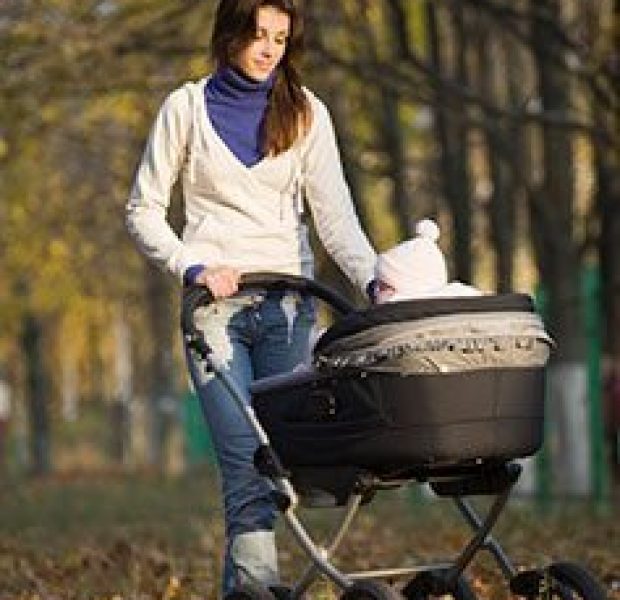Whilst looking after your new bundle of joy is crucial after giving birth – so is looking after yourself. Each pregnancy and birth will be very different, and your body will react differently as it gets back to normal. It is important to give yourself time to recover. In this post you will find some helpful information on how to recover after the birth of your baby. Physical changes to your body Giving birth is not like the Hollywood films show it, and once your baby is born your stomach does not immediately shrink back to what it was. It can take time. Your uterus will contract for a number of days after the birth, especially each time baby feeds. This may cause some discomfort, and it can take up to 8 weeks for it to shrink to its pre-pregnancy size, so do not be concerned or feel pressured to get your weight down too quickly as it is not safe and not healthy to do so in the weeks after giving birth. In addition, depending on how you gave birth will depend on the recovery and period of time. If you had a natural birth, you will probably find that your recovery is much quicker than if you had a severe perineal tear or caesarean section, and your mobility and general ability to do day-to-day activities may be longer after a caesarean. You may also find that in the first few days after giving birth when your milk ‘comes in’ that you may experience tender breasts which can be treated using ice packs or a warm shower. Body discomforts Haemorrhoids can be experienced during and after pregnancy. These haemorrhoids can cause significant discomfort. They can be treated with witch hazel or cream that you will be able to get from your local pharmacy. Alternatively chat to your Obstetrician who will be able to provide alternative recommendations if needed. Constipation is another common side effect of giving birth. Pear juice is a great option to help keep the bowels moving, as well as drinking plenty of water and a fairly […]










